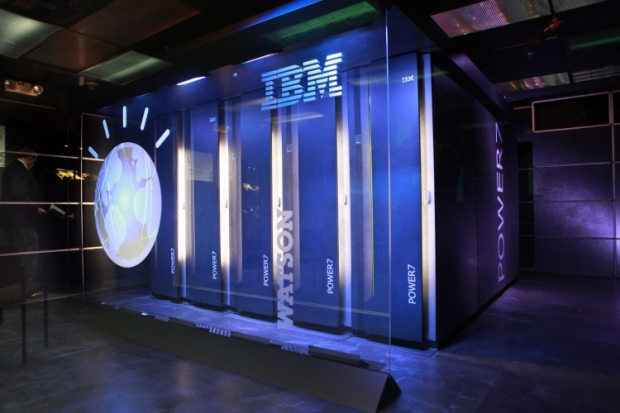CEO Arvind Krishna acknowledged that the move was a "significant shift" in how IBM will work, but he positioned it as the latest in a decades-long series of strategic divestments.
"We divested networking back in the '90s, we divested PCs back in the 2000s, we divested semiconductors about five years ago because all of them didn’t necessarily play into the integrated value proposition", he said. Krishna became CEO in April 2020, replacing former CEO Ginni Rometty, who is now IBM's executive chairman, but the spin-off is the capstone of a multi-year effort to apply some kind of focus to the company's sprawling business model.
The new spin-off doesn't have a formal name yet and is referred to as "NewCo" in IBM's marketing and investor relations material. Under the spin-off plan, the press release claims IBM "will focus on its open hybrid cloud platform, which represents a $1 trillion market opportunity", while NewCo "will immediately be the world’s leading managed infrastructure services provider." This is because NewCo will start life owning the entirety of IBM Global Technology Services' existing managed infrastructure clients, which means about 4,600 accounts, including about 75 percent of the Fortune 100.
Forrester’s VP principal analyst Ted Schadler said that Arvind Krishna had committed to a return to growth, using hybrid cloud and analytics/AI as the foundations. That means he has to streamline the business to focus on those application and digital business transformation opportunities, while letting other parts of the business free to pursue their own growth and profit paths.
"Infrastructure services has been a declining-margin business for years. It's driven off a "we'll run your mess for less" value proposition for CIOs seeking to get out of the infrastructure management business. The truth is, there are big opportunities here to use automation and cloud migration to streamline the costs and capital requirements for infrastructure. So NewCo can also pursue an interesting growth path.
“The remaining IBM will be much better aligned to CIO and business need for digital business transformation. Almost half of the technology spend in the enterprise, and a much bigger percentage of the business-differentiating applications are in business, operations, marketing, and product budgets. IBM will be better prepared to help these buyers with AI, with hybrid cloud (a reality for our enterprise clients), and new business platforms. We like this deal for both sides of the party”, Schadler said.




